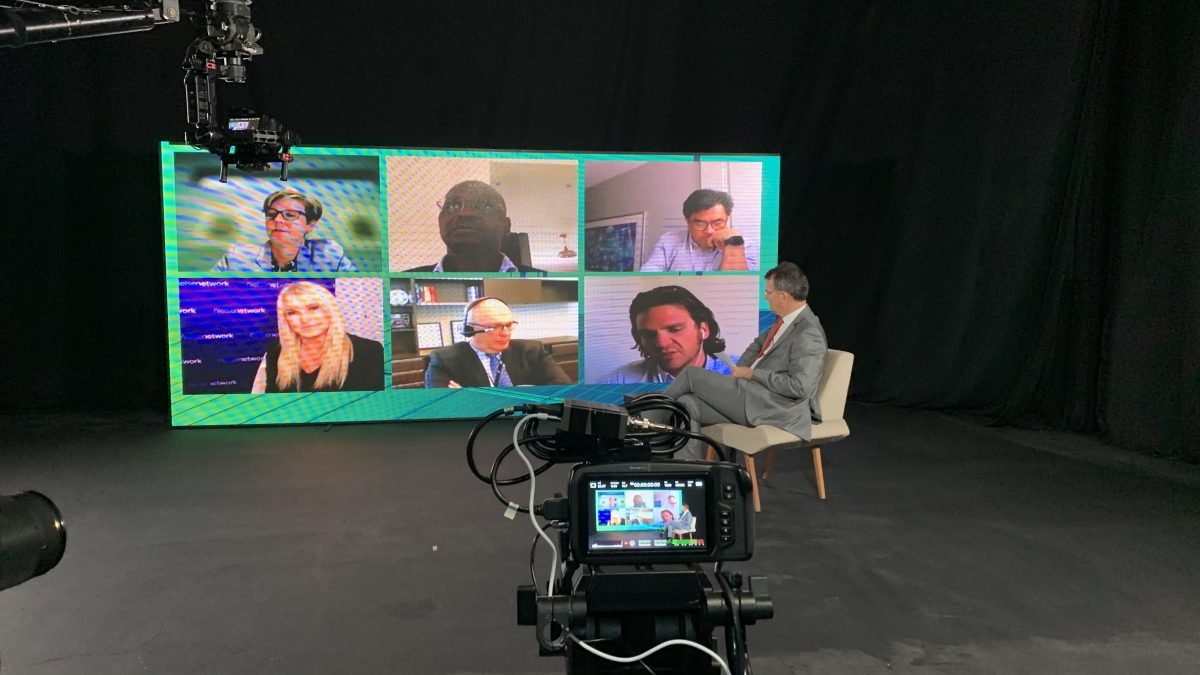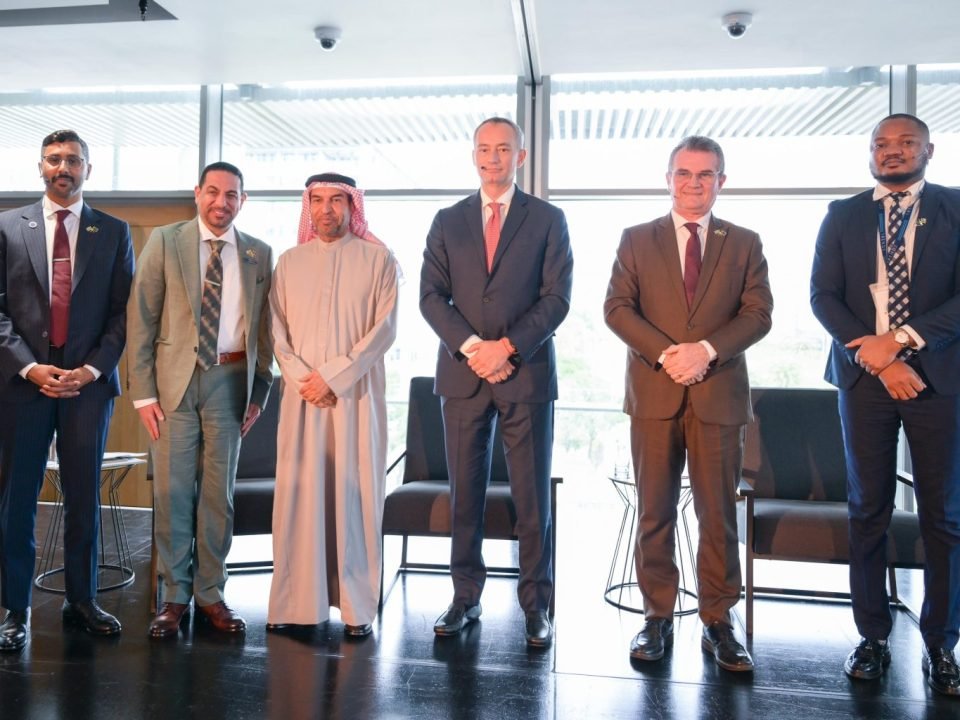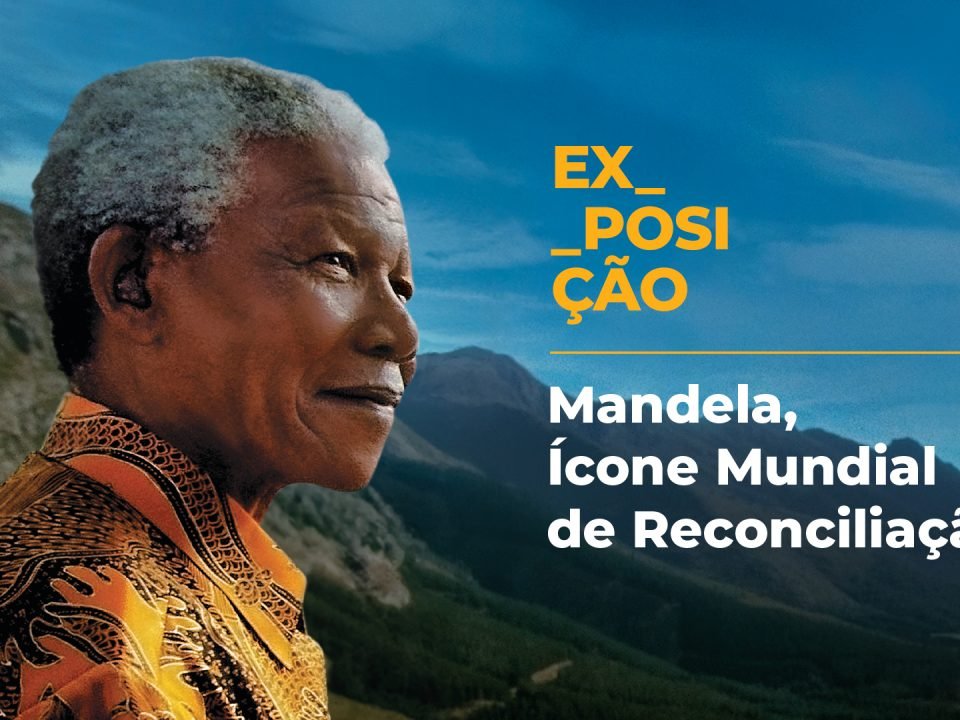Seminar Renewable Energy in Brazil and Africa presents sector perspectives and opportunities for new projects

On March 30, the Brazil Africa Institute held the Seminar Renewable Energy in Brazil and Africa: the Clean Engines of Economic Development. The event gathered a distinguished group of speakers to discuss the main trends in the energy sector, actions to achieve decarbonisation, climate change and the impacts of the Covid-19 pandemic.
The first panel had the theme Climate Change and Energy Transition: Advancements and Technologies For a Carbon-free World. “Brazil has a lot to share with Africa in the sense of discovering new possibilities to equalize the right to energy for all” said Cícero Bley Júnior, President of the Brazil-Luxembourg Chamber of Commerce – CCBRALUX Paraná, during the dialogue.
The Head of the United Nations Industrial Development Organization (UNIDO) mission in Brazil and Venezuela, Alessandro Amadio, highlighted the organization’s role in “seeking to develop business models that are technologically and financially sustainable”. Miquelina Menezes, President of the Lusophone Association of Renewable Energies (ALER), underlined the great impacts, especially on education and health, that renewable energies can have in small rural communities.
According to João Sarmento Cunha, Head of the Renewable Energy Division at the African Development Bank (AfDB), there must be “a willingness to explore new paths and take more risks on the part of financial organizations”.
The second panel of the event focused on Infrastructure, Finance and Renewable Energies: Fostering PPPs for Shared Prosperity. “The real issue now is how do we make the energy affordable to people who are lacking this access,” said Quentin Sauzay, Director at the SouthBridge Group.
Antonio Pinheiro Silveira, Corporate Vice President for Infrastructure at the Development Bank of Latin America (CAF), stressed on the challenges of sustainability and the progress of renewable energy in Latin America. The agenda was followed by Patrick Dlamini, CEO and Executive Director of the Development Bank of Southern Africa (DBSA), who talked about the partnership between the public and private sectors for the development of projects.
Hector Gomez Ang, Country Manager for Angola, Mozambique, Zambia and Botswana at the International Finance Corporation (IFC), took the opportunity to share his perspectives on the role that the private sector can play with national governments. Deepening the dialogue, Rentia Van Tonder, Head of Energy, Client Coverage and Corporate and Investment Banking at the Standard Bank, spoke about the work that the bank has been developing in the sector and that “we cannot underestimate the power of partnerships between the public and private sectors”.
Closing the panel, moderator Bronwyn Nielsen, CEO of The Nielsen Network, stressed that “we need to be on the ground and demonstrate our projects, once the world comes back to some semblance of normality”.
The last panel was guided by the theme Renewable Energies for All: Accessibility, Affordability and Social Development. “Africa has a great chance to set up ambitious timelines on energy transition. But the question is how are we going to meet those timelines?”, questioned NJ Ayuk, CEO of the Centurion Law Group and Executive Chairman at the African Energy Chamber.
“I think the issue is what will it take for many of these developing countries to be competitive in a green economy,” continued Glenn Pearce-Oroz, Senior Director for International Relations and Special Projects at SEforALL. Joseph Nganga, Executive Director of Smart Power Africa at The Rockefeller Foundation, recalled that “every country is different. So it’s a complex challenge and we need to think about it in a holistic way”.
During the dialogue, Laura Oliveira, Founder and President of the LEVVO Group, spoke about the impacts that the energy transition can have on business and the results she has achieved with the new practices.
In addition to the panels, the Seminar also featured special interviews. In the first one,
Eluma Obibuaku, Senior Vice President and Head of Power at the Africa Finance Corporation, spoke with Ajong Mbapndah L, Managing Editor at the Pan African Visions Magazine about Pprspectives for energy integration in the african continent.
The actions of Revolusolar were also presented by its Executive Director, Eduardo Ávila, in an interview with Valor Investe journalist Isabel Filgueras. In the last one, Rafael González, President of the CIBiogás, talked about his projects and international cooperation in bioenergy with Caroline Ribeiro, Communication Coordinator at IBRAF.
The Seminar Renewable Energies in Brazil and Africa held a six hours live streamed program and counted on the participation of an audience spread all over the world. The panels and interviews are available at the Brazil Africa Institute’s YouTube channel.




